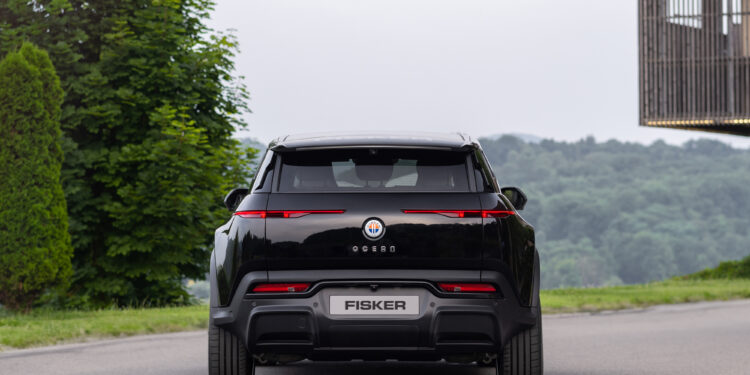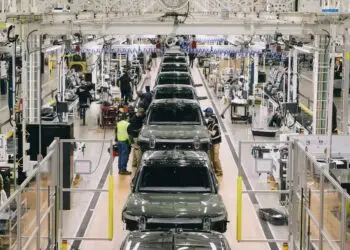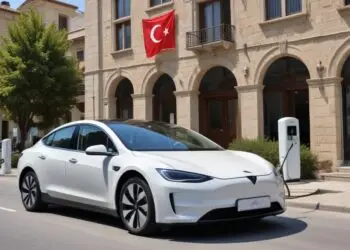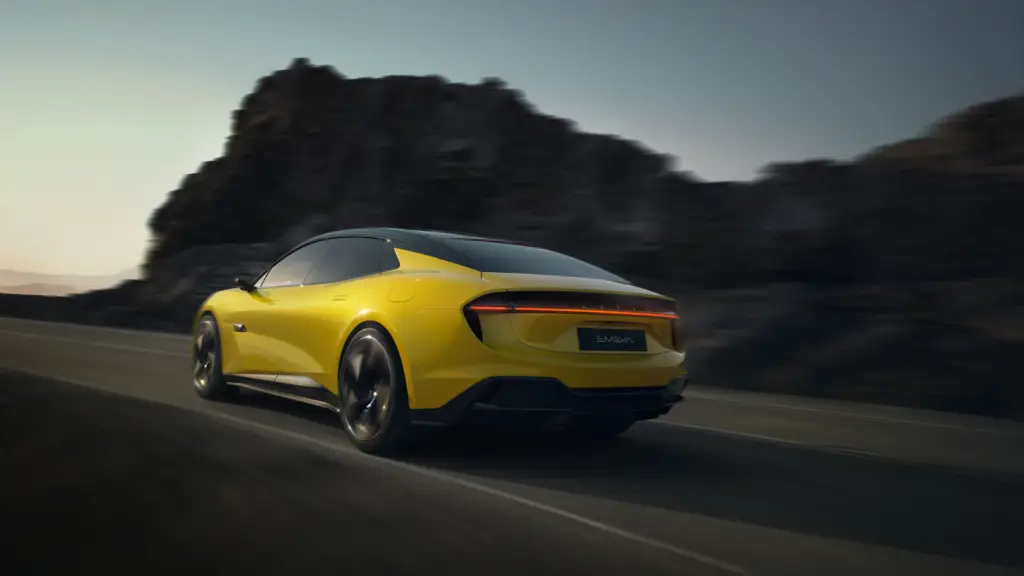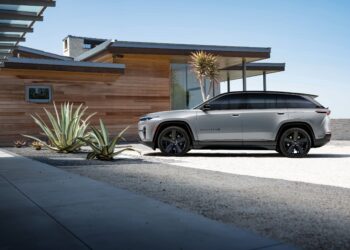Electric vehicle startup Fisker Group Inc., the operating group of Fisker Inc., has filed for Chapter 11 bankruptcy protection in Delaware court. This marks a significant setback for the company and underlines emerging players’ challenges in the highly competitive and capital-intensive electric vehicle market.
According to the court filings, Fisker listed estimated assets of $623 million and liabilities of $472 million as of March 31, 2024. The company cited various market and macroeconomic headwinds, including supply chain disruptions, rising material costs, and a challenging fundraising environment, that impacted its ability to operate efficiently as the primary reason for seeking bankruptcy protection.
The filing comes after Fisker’s negotiations with a major automaker for a potential investment deal collapsed, exposing the company to the fallout of the rapid cash burn required to deliver its Ocean SUV in the United States and European markets. Fisker had been in discussions with several potential strategic partners but could not secure a deal before running out of cash.
Struggles and setbacks have marked Fisker’s journey. In February, the company flagged doubts about its ability to remain in business and paused investments in future projects until it secured an auto partnership. Despite delivering over 10,000 vehicles in 2023, Fisker fell short of its initial forecast, with only about 4,700 units reaching customers.
The U.S. auto safety regulator opened a preliminary investigation into some Ocean EVs made by Fisker in 2023, which added to the company’s problems.
According to the bankruptcy filing, Fisker had secured a $30 million debtor-in-possession (DIP) financing facility from a group of lenders to fund its operations during the Chapter 11 process. The company aims to sell its assets, including its Ocean SUV program and other intellectual property, to a buyer who can provide the necessary capital and resources to continue developing and producing its vehicles.
Evoltronic Take
Fisker’s bankruptcy is a stark reminder of EV startups’ challenges in a highly competitive and capital-intensive industry. While the demand for electric vehicles continues to grow, the ability to scale production, manage costs, and navigate supply chain disruptions remains a significant hurdle for many emerging players.
Established automakers have the advantage of existing manufacturing capabilities, supply chain networks, and financial resources. However, securing partnerships or investments from major players can be crucial for startups like Fisker’s long-term survival and growth.
As Fisker navigates the bankruptcy process, the future of its Ocean SUV and other planned models remains uncertain. The bankruptcy filing serves as a cautionary tale for the EV industry, highlighting the need for robust business models, efficient operations, and access to capital to weather the challenges of a rapidly evolving and highly competitive market.


